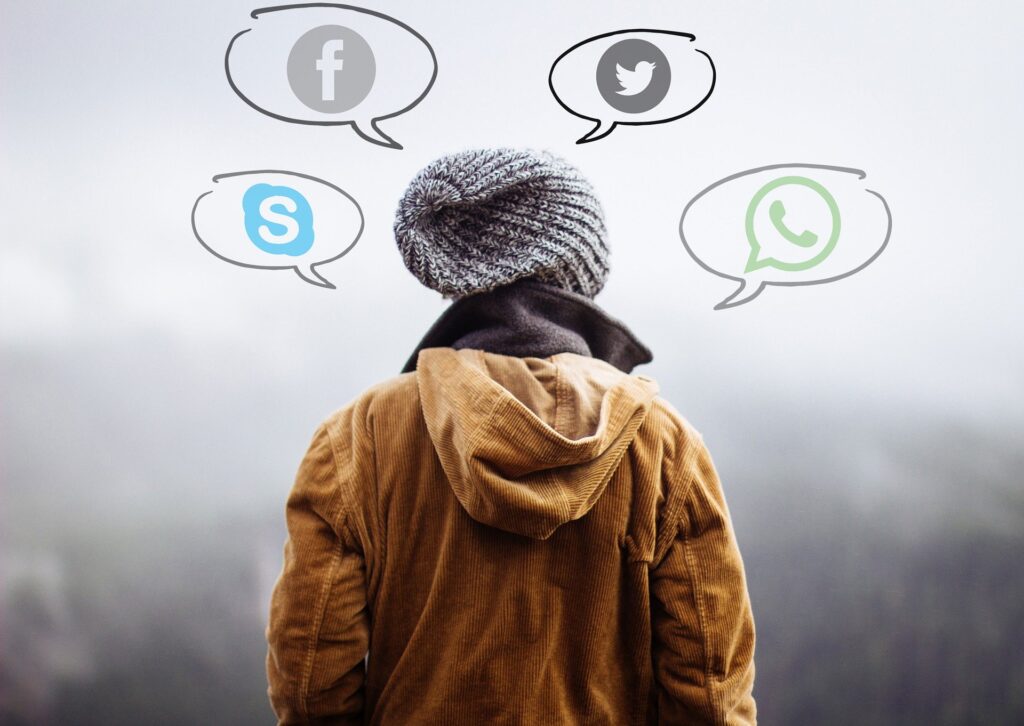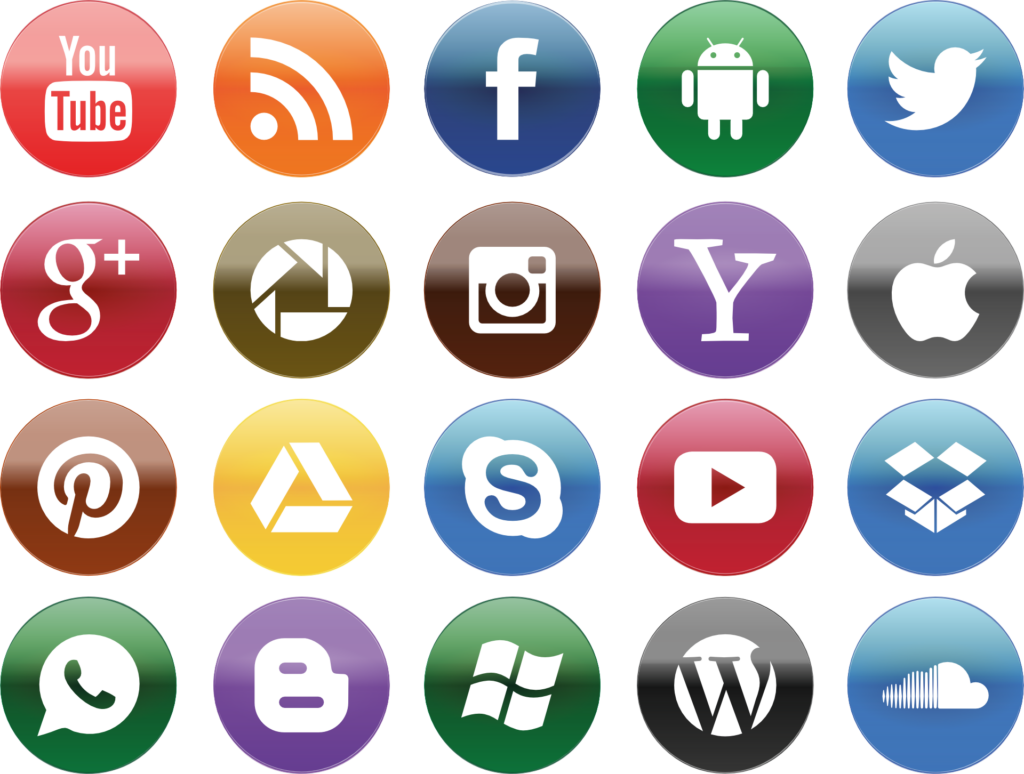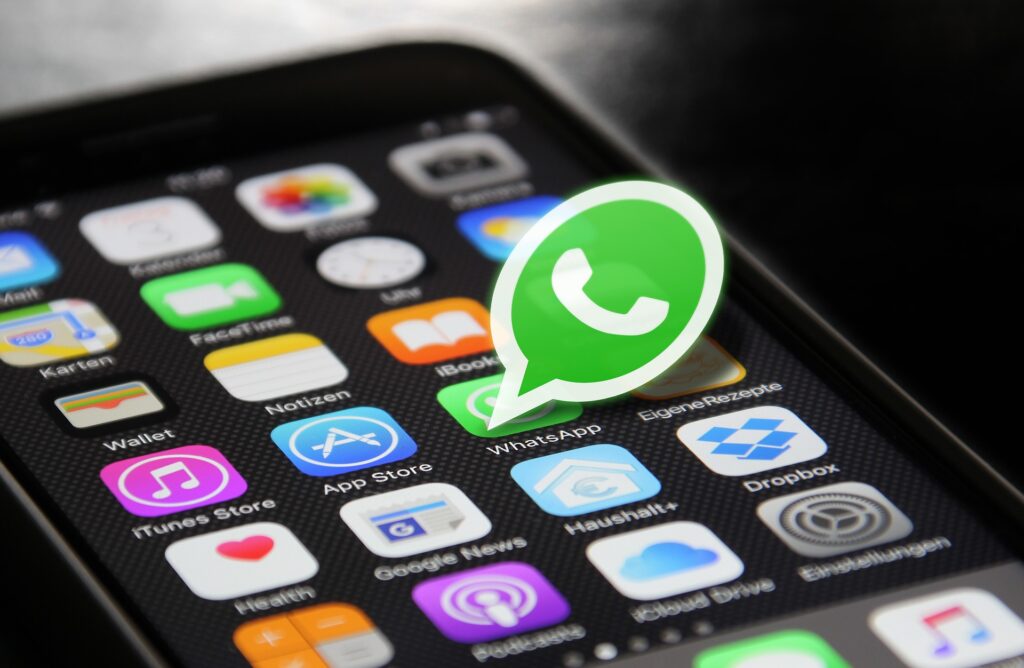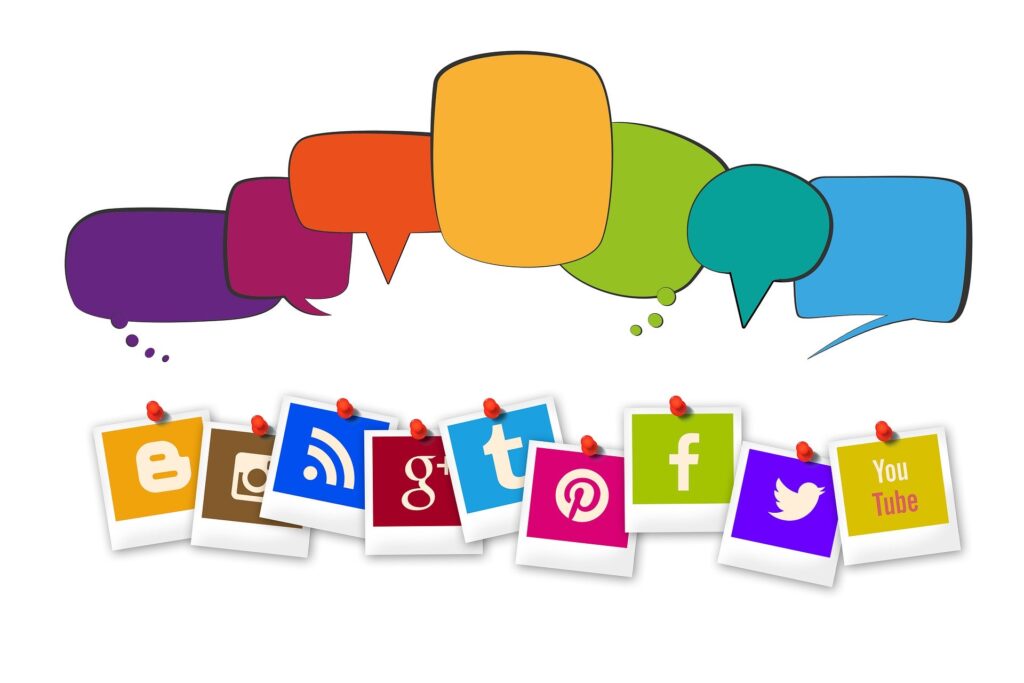
The COVID-19 pandemic has affected the lives of billions of people around the world. Not just those who have been diagnosed with, or are caring for family members with the virus, but those who own businesses, or work in the hospitality, travel, and other service industries, students whose lives have been upheaved as they approach the end of the school year, and the thousands of people who have been laid off or furloughed in light of the pandemic.
While the World Health Organization, the Centers for Disease Control, and thousands of medical experts and local health authorities are emphasizing the importance of Physical Distancing (6 feet apart), this does not mean that we need to be socially distant! So what does it mean to be socially connected while remaining physically distant? To be technologically savvy! The technology currently available to keep people connected is as varied as is it accessible. Everything from basic chat, to social media platforms, to real-time video calling and media sharing, is easily available to, and accessible by, anyone with a smart device and a reliable internet connection.

Most of us are familiar with the “original” video call platform, Skype, but there are many alternatives available for users at any level, from beginner to advanced, and for various devices. In fact, Apple users have been enjoying the connectivity provided by Facetime for years. Below is a discussion of additional services and applications (apps) available for a variety of users and uses.
Many of the younger generations will tell you they have been using media sharing and video calling for the better part of a decade now. These features come standard in many popular social media platforms such as Facebook, SnapChat, and more recently, Instagram. These platforms are free to use, and only require an account and profile be set up for use. The apps are available on both Android and Apple devices, and provide chat, photo, and video capabilities. Additionally, Facebook offers Messenger and Messenger Kids, which does not require a full Facebook profile for use. Messenger Kids provides parents the additional security of controlling who their children can communicate with.
But what if you are not interested in being a social media user? What if you need to stay in touch for business or professional reasons? Well, there is an App for that! Businesses using either the Microsoft Office Suite or Google Productivity Suite already have access to a variety of connectivity platforms. While there may be a fee associated with the business level features, these apps are already included in most bundles. Businesses using Microsoft Office or Office 365 have access to Microsoft Teams (Teams) for all chat, media sharing, and video calling capabilities. Teams allows for up to 250 people in a meeting setting, and invitations can be sent to participants who are both inside and outside your organization. Microsoft also holds the ubiquitous Skype, which also allows for 250 participants and is available on both desktop and mobile devices.
Google business users have several options to stay in touch. Hangouts, Meet, and Duo are the three major apps available on desktop and/or devices for video calling. Google Duo is the Android answer to Apple’s Facetime. Duo can be downloaded to your device and only requires a free Gmail account; however, it is only good for one-on-one communication. Google Hangouts provides a platform for up to 10 participants on a video call, but may be more suited for personal use, whereas Google Meet is geared more towards business users and provides access for up to 100 participants, including the ability for outside participants to join, and encryption for all video conferences.
If security is your chief concern, there are two apps available with end-to-end encryption, WhatsApp and Signal. While WhatsApp has been widely used by the international community for years, especially for family members who are in different parts of the globe, Signal is not only a serious competitor, it may be the optimal choice according to various side by side comparisons. While WhatsApp will share all of your meta data with Facebook unless you opt out, Signal does not collect metadata and its code is open source, so anyone interested can confirm that the app does what it purports to do, and the company is non-profit, so there is no sharing of your data for advertising revenue. Additionally, Signal is accessible from your laptop/desktop computer, so this provides another avenue for staying in touch.

A new entry to the “video calling” game is dating apps. Services such as Bumble and Plenty of Fish offer a “Video Date” option to their members. Not being able to meet someone in person has not slowed down the dating scene during the Pandemic, and it appears likely that this feature will be in such demand going forward, that other platforms may follow suit in the near future.
Finally, there are the apps designed solely to be videoconferencing platforms. These include Webex and Zoom. A long-time staple in business conferencing circles, Webex now offers a free Personal Subscription tier. Webex is also compatible with your Facebook or Google accounts for additional interconnectivity. A relative newcomer to video calling is the app Houseparty. The app allows up to eight users per session, and provides unlimited sessions. An added bonus to Houseparty is it has built in games for users to play such as trivia, Quick Draw (Pictionary), and even Heads Up, a guessing game made famous by The Ellen Show.

Zoom, while a longtime participant in the free video conferencing arena, has faced serious security breaches and public backlash recently since physical distancing orders have been issued around the world. Hundreds of thousands of users have flocked to Zoom to keep in touch with family and loved ones, and with them, those looking to abuse Zoom’s ease of access and seemingly universal reach. Malicious actors have entered unsecured Zoom meetings and posted everything from profanities, to hate speech, to pornography. The problem is so serious and widespread that the FBI has issued an advisory on Zoom.
While the warning does not suggest users should avoid Zoom entirely, it does provide several useful tips for securing your meeting to prevent unwanted attendees. The FBI recommends the following tips:
Additionally, Zoom released its own advisory, which includes many of the same recommendations from the FBI, but also provides instructions on how to activate each of the security features discussed.

These readily available technologies make staying home together not only bearable, but also, more interesting, and for many, more fun. So, no matter which platform you use to keep connected throughout the pandemic, make sure to enable whatever security features the platform provides. Refrain from posting links to meetings where they are publicly accessible, do not accept invitations from strangers, and above all, be safe, have fun, and enjoy being together at home.
Note* All apps discussed are free and easily available on the Google Play Store, the Microsoft Store, and the Apple App Store, however some business users may require a paid subscription for enterprise level accessibility.